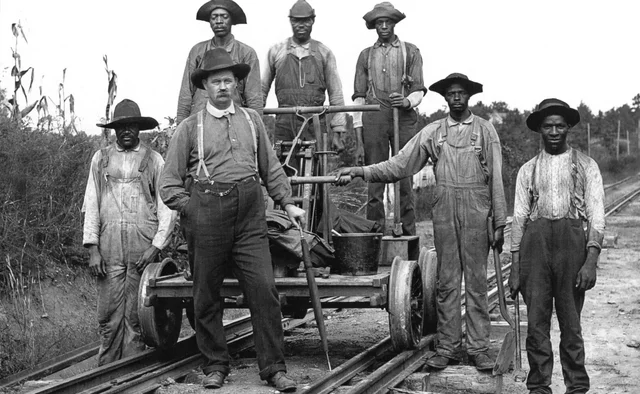To give a great oversimplification, after the Civil War or between 1870s to 1890s, the United States entered an industrial era, where new railways expanded across the nation, creating a new and more connected network across teh nation

With a POD I've been using for most of my CSA Victory asks: In a POD where the Confederate States of America won independence around 1862, with international recognition from Britain and France, and war-wariness from Copperheads and Civilians of the North. In the post war borders, the CSA gains its seceded territories, and Confederate Arizona, and the Indian Territory gains independence, as both sides wasn't willing to give it up in the peace treaty, so they pulled a Uruguay. However, the CSA does not get any of the border-states, including Kentucky, Maryland, Missouri, West Virginia (Who gets more territory to protect DC)

With that all out of the way, and with the nation divided into mainly two parts, how would this possibly effect railroads in the coming decades?
With a POD I've been using for most of my CSA Victory asks: In a POD where the Confederate States of America won independence around 1862, with international recognition from Britain and France, and war-wariness from Copperheads and Civilians of the North. In the post war borders, the CSA gains its seceded territories, and Confederate Arizona, and the Indian Territory gains independence, as both sides wasn't willing to give it up in the peace treaty, so they pulled a Uruguay. However, the CSA does not get any of the border-states, including Kentucky, Maryland, Missouri, West Virginia (Who gets more territory to protect DC)
With that all out of the way, and with the nation divided into mainly two parts, how would this possibly effect railroads in the coming decades?

![Miller-Paul-1.jpg[img]](https://i.postimg.cc/SNBB4cKy/Miller-Paul-1.jpg[img])